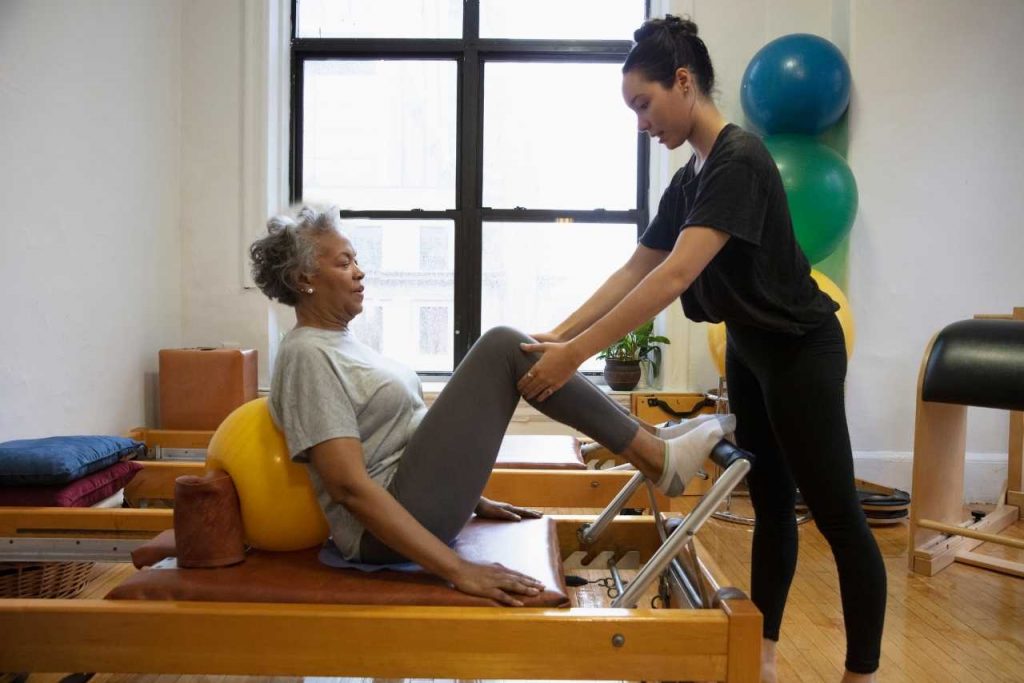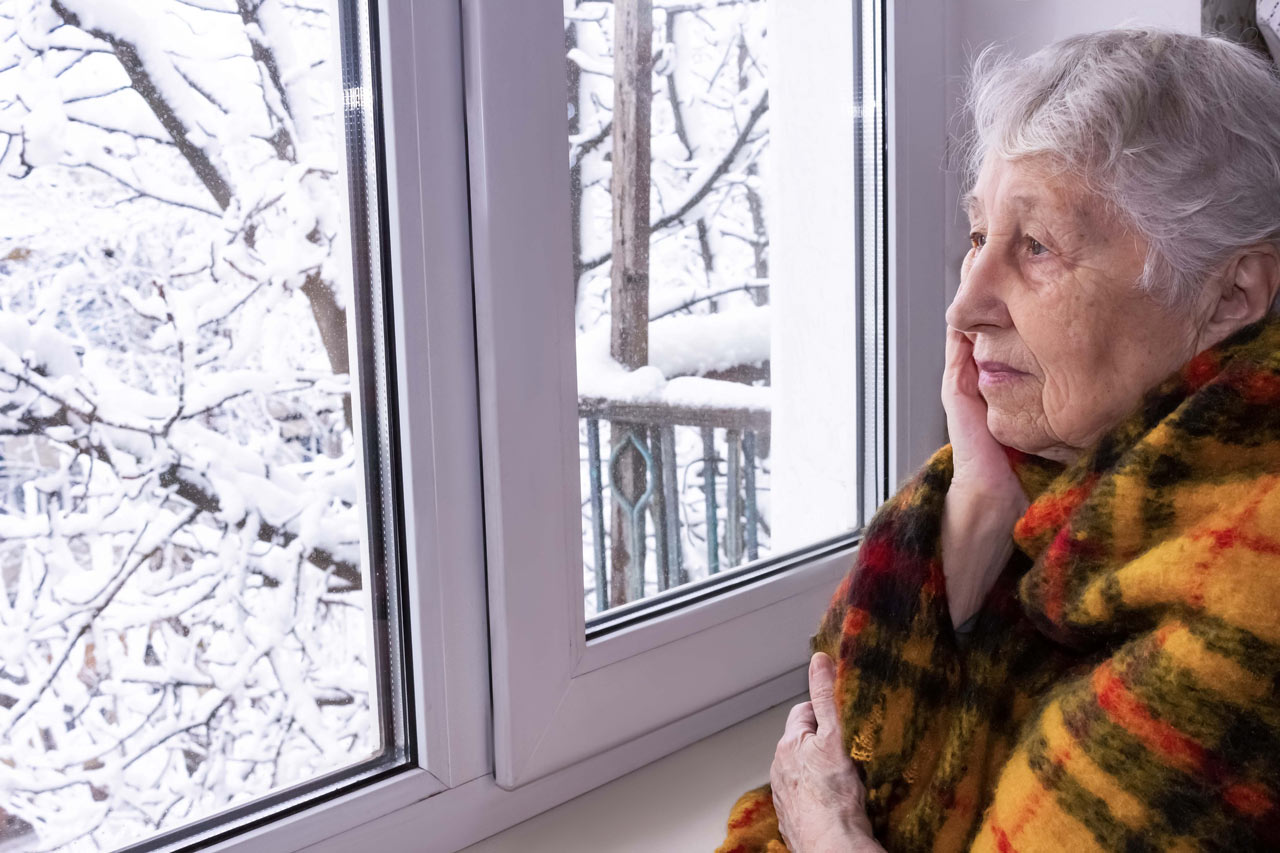Considerations When Deciding to Age in Place
What you should consider when you decide to age in place
Most seniors prefer to live out their years in their own homes. The familiarity of the space, the memories enclosed therein, and the comfort of continuing one’s routines are very appealing. The enormity of packing up, getting used to a new space, and the loss of neighbors and friends seem to signal giving up on life. Even when others have moved on to reside in congregate care settings, closer to their children, or nicer, more compact digs, most elderly people prefer to remain at home.

The challenge of planning is significant. You don’t know how your health will change. You don’t know what will happen to your spouse or companion. If you live alone, you don’t know what help will be available to you when you will need it. You cannot figure it all out. However, this article will assist you in making your preferences happen more easily.
The first step is to consult your doctor about what to expect in the near future given your medical situation. Almost every kind of assistance you will need will be available to you, often at a cost. Some supports will be free but you will have to do a little work to access them.
The second step is to consult your local Department for the Aging. This is an agency operated by your city or county government. You will learn what services; programming in the community, transportation, meal services, caregiving, outings and entertainment will be available.
Personal care is a priority. Getting help to bathe, get dressed, and assist with ADLs (activities of daily living) is vital. You can hire a family member or college student through the CDPAP Program (Consumer Directed Personal Assistance Program) administered by Medicaid providers such as Caring Professionals or a traditional home health aide. Some localities also offer several hours of free help through the EISEP program (Expanded In-home Services for the Elderly) for those who do not qualify for Medicaid.

Household chores are another concern. Some personal care programs allow staff to take care of these apartment and home maintenance needs. You can also pay someone or a service to come in and clean your home. Laundry can be sent out.
Meals are important. If you don’t have the patience or energy to shop and cook, worry not. Many localities offer free or low-cost meals at senior centers or houses of worship. There are also options for home delivery, which include weekend meals as well. Ask your local Department for the Aging what you have to do to enroll.
Health care management is a concern. Pills need to be organizers and timers may be set to remind you to take your medications. You may not remember what the doctor told you to do. You need to be on top of your medical paperwork. Try to have someone escort you to doctor visits. Ask them to write everything down or ask the doctor to put his recommendations in writing.

Money management is scary to delegate. Many older people can no longer manage their affairs yet are afraid to lose control of their income and assets. If you cannot find a family member to assume these responsibilities, hire a geriatric care manager. This is a professional with a nursing degree or social work degree who has passed a qualifying examination to take care of the various financial, medical, family and miscellaneous matters that affect a senior. This person deserves your trust and will safeguard your important papers (power of attorney, will, health care proxy, burial information, deeds, etc.) and make sure that there are no lapses in paperwork that will affect your wishes for your care and finances. S/he will pay bills and stay on top of all matters. A geriatric care manager will also handle family members, keep them informed as to your wishes, and will mediate conflicts. The services of this professional are usually compensated by an hourly or monthly rate.

Finances are also a consideration as to whether you stay in your own home. Paying taxes, insurance, maintenance, utilities and other fixed costs add up. It may be cheaper to move into a child’s home or a smaller place. Paying rent and other household expenses will not be considered part of your income in terms of Medicaid eligibility.
Caring Professionals offers free Medicaid planning assistance through an affiliate. Medicaid offers moderate-income individuals who are aging many services at no cost including personal care, transportation, medical care and more. You may own a home, have some income, and money in the bank. Call us and we will refer you to an expert who can answer your questions about Medicaid eligibility. Your confidentiality is assured and the advice is experienced.
Be informed. Be smart. Make your decision with information as well as due deliberation. We can help you.





